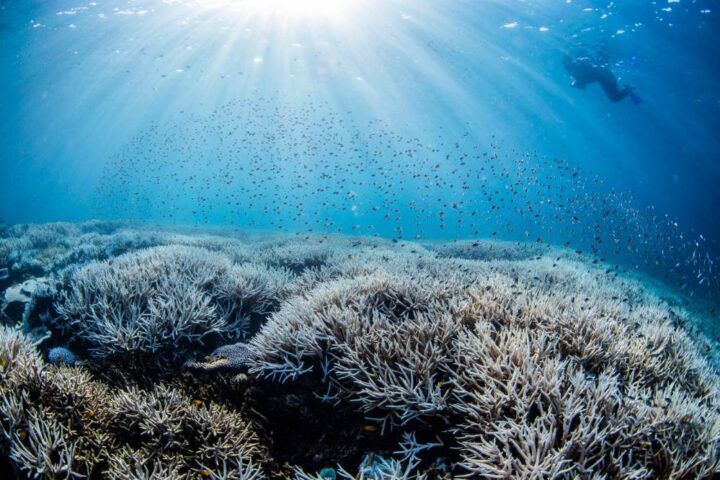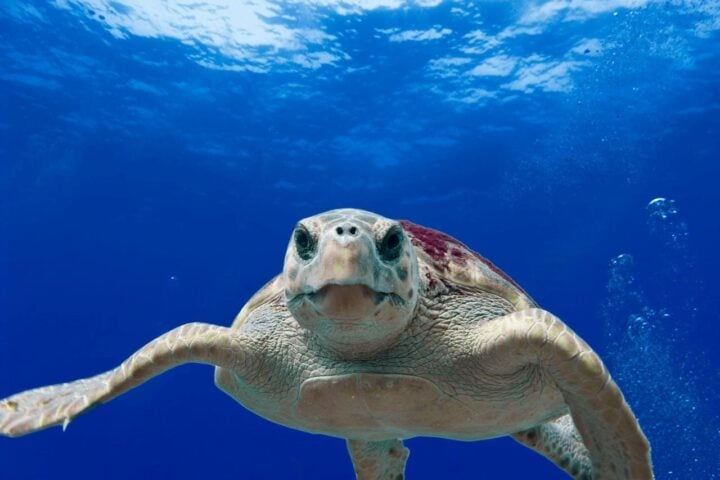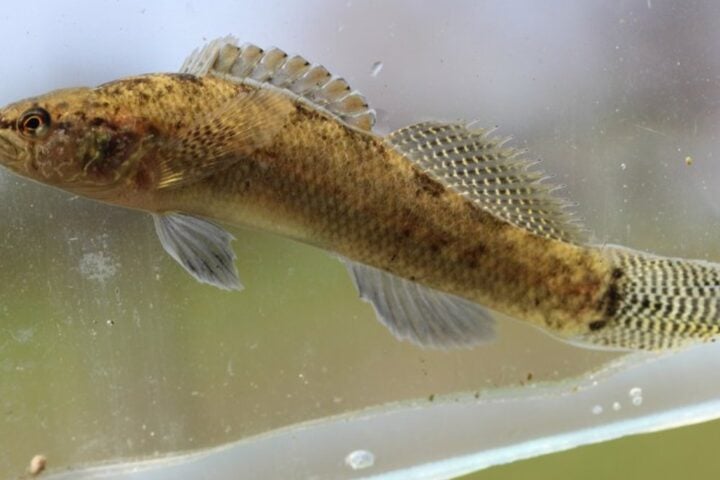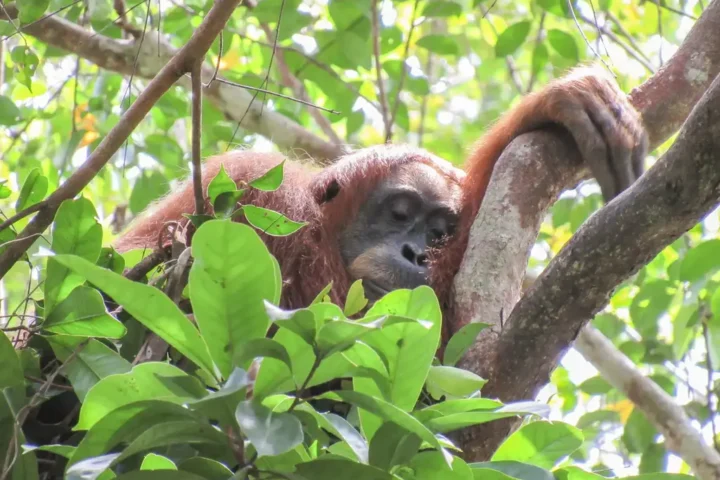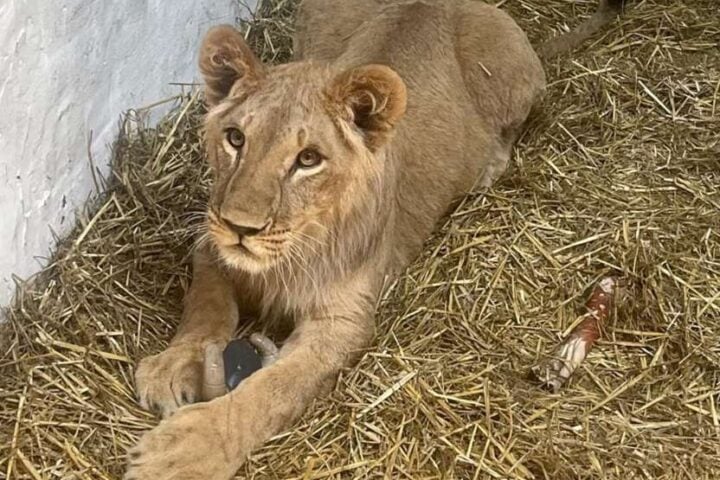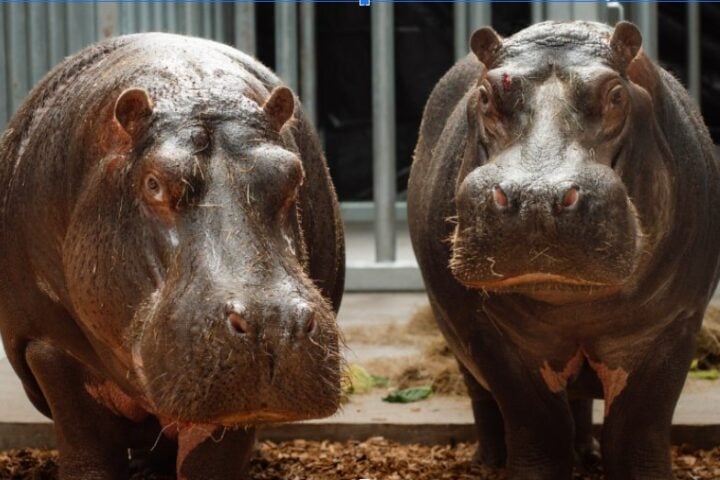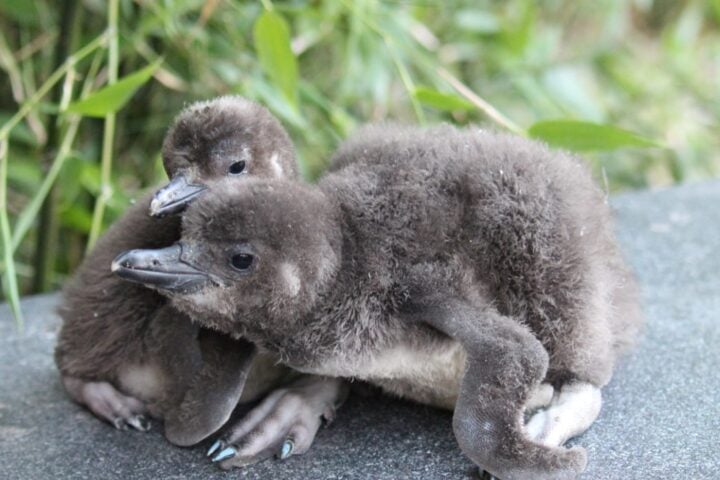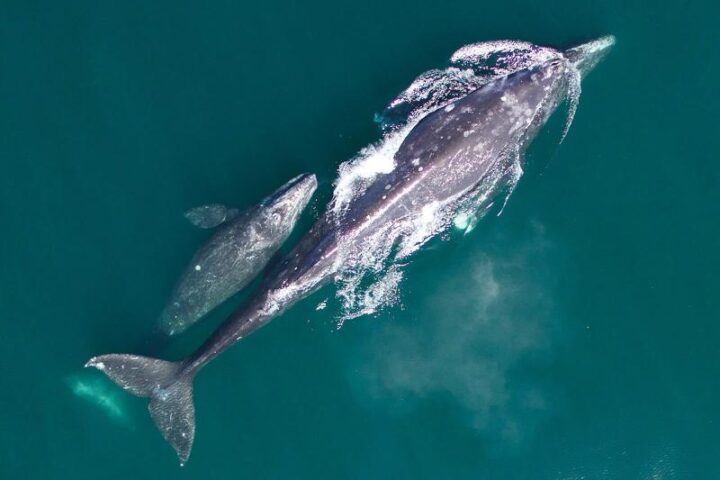A great deal of beauty, richness & fulfillment can be found within nature, but a number of animals regularly face serious challenges. Human activities have contributed to most of these issues. One of the challenges is also the rapidly growing human population, which, over the past few decades, has crossed a billion. Over consumption of natural resources endangers the habitats of numerous wild flora and fauna. A large number of species have started declining; some have also faced extinction. However, despite acknowledging that improving the welfare of wild animals is a challenge itself, our society remains responsible for most of the environmental degradation.
To protect wildlife species, a historic decision has been made in Ecuador, which is the first country to give legal rights to animals. This decision came after the case of a wooly monkey named Estrellita surfaced. She was taken illegally from the wild by a librarian named Ana Beatriz Burbano Proaño and her family when Estrella was just a month old. Estrella was then taken from the family by the authorities after living with them for 18 years. She was shifted to a zoo where she sadly suffered a cardiorespiratory arrest within a month and passed away. In its decision, the Ecuador Supreme Court said that wild animals have the right “not to be hunted, fished, captured, collected, extracted, kept, retained, trafficked, marketed or exchanged” and the right to the “free development of their animal behavior, which includes the guarantee of not being domesticated and not forced to assimilate human characteristics or appearances.”
Courts typically have interpreted rights of nature laws as applying to entire ecosystems, made up of many animals and inanimate aspects of the biosphere like rivers and forests. Animal law, on the other hand, has mainly been concerned with the inhumane treatment of individual animals.
The Estrellita case is important because it has brought together aspects of animal law and environmental law, two areas that have at times been in tension with one another. “Typically environmental law has not concerned itself with animals that aren’t considered important species, such as endangered species covered by the U.S. Endangered Species Act,” Stilt said who submitted an amicus brief with the Nonhuman Rights Project in the case.
This incident leads us to question the way we interact with our natural world. From global warming to climate crises to the sixth mass extinction that stands in front of us, it is time to introspect our relationship with life forces around us. The ecosystem is a complex system where it is essential to maintain a balance because each and every living force contributes to the smooth functioning of the cycle. Even a minor alteration can cause the whole system to collapse. Rules like these can be of great benefit to wildlife as well as human beings as they can initiate a balance in our world where we can coexist in harmony. Ecuador is one of several countries, including Bolivia, New Zealand, Colombia and Bangladesh, that recognize the rights of nature.





